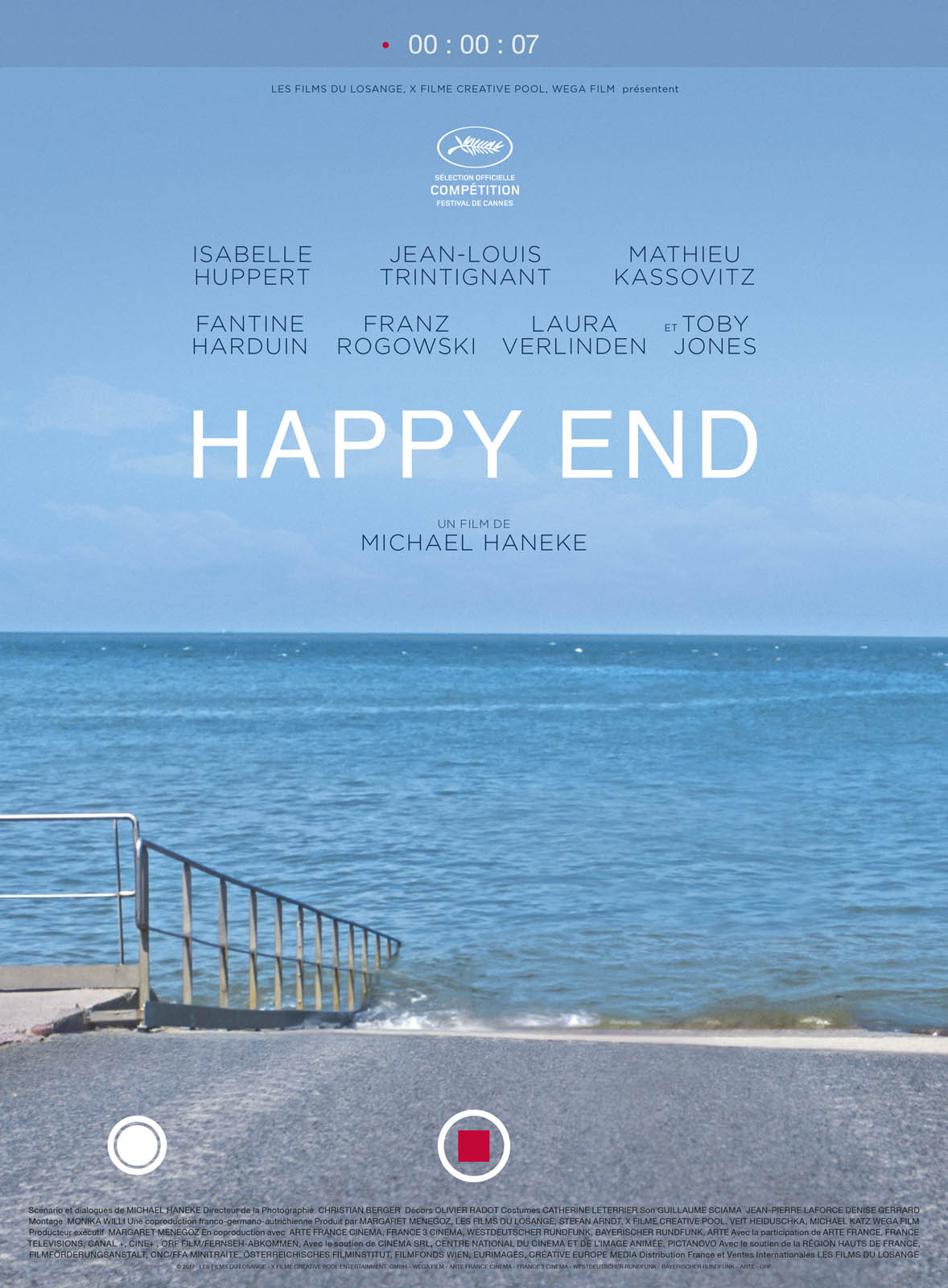'Happy End' Plummets from Ambitious Heights off Shores of Calais
French cinema, for all of its rich tradition and innovation in aesthetics and narrative, leaves little room atop its podium for the most ambitious films. Of course, that does not stop auteurs from trying, be they Francophones or étrangers trying to reach the heights of The 400 Blows, Breathless, The Untouchables, or Blue is the Warmest Color.
Austrian director Michael Haneke attempts to do just that in his latest entry to the festival circuit, Happy End. The only thing perhaps more unsuccessful than the script and direction of the film is its attempt at English wordplay.
Like a fresh contestant on a cooking show, Haneke has all of the ingredients to succeed, but cannot help being drawn to failure and the wrath of the host, be it Gordon Ramsey or a critic who cannot help but make an Icarus reference.
Taking place in Calais, Happy End ostensibly serves to simply reveal a stark juxtaposition between its subjects—a wealthy family who own a public works corporation—and the off-camera plight of refugees and desperation along the same shores. This comes into focus far too late, and even on the level of subtext, Haneke fails to cultivate enough material to satisfy his goal. Furthermore, no lines are given to any non-white characters, of which about a half dozen appear twice, other than the Moroccan domestic staff at the mansion where most of the film takes place.
A 13th Arrondissement audience laughed several times at awkwardly framed moments in the film that were meant to evoke pathos, such as the family’s wheelchair ridden and borderline senile patriarch contemplating the worth of his very own existence. Unfortunately, Haneke took hold of this motif like a fish in a game preserve, and followed it all of the way to the film’s clunky and unsatisfactory ending.
Most posters for Happy End will either show the cast of mostly familiar French actors, or just a loading ramp leading to the sea. The latter becomes important, and its picturesque simplicity sheds better light on the film’s cinematographers than the writers who deploy it negligently.
Perhaps the only positive aspect of the film comes in the performance of the young Fantine Harduin, who, at just 12, delivers a strong silver screen performance after being discovered on Belgium’s Got Talent.
Renowned 90s auteur Mathieu Kassovitz (La Haine) plays Harduin’s father, and woefully under-delivers, though perhaps generously a bit less than the ensemble performance.
Kassovitz’s casting and more existential allusions by Haneke demonstrate a grand ambition for a film that does a better job juxtaposing its mediocrity against its aspirations than it purports to do between haute-bourgeois Calais and its hellish refugee camp. If in France and curious to see this film, be sure to make it to the theater within the next two weeks before it falls out of circulation, and if patiently waiting stateside, don’t hold your breath.

